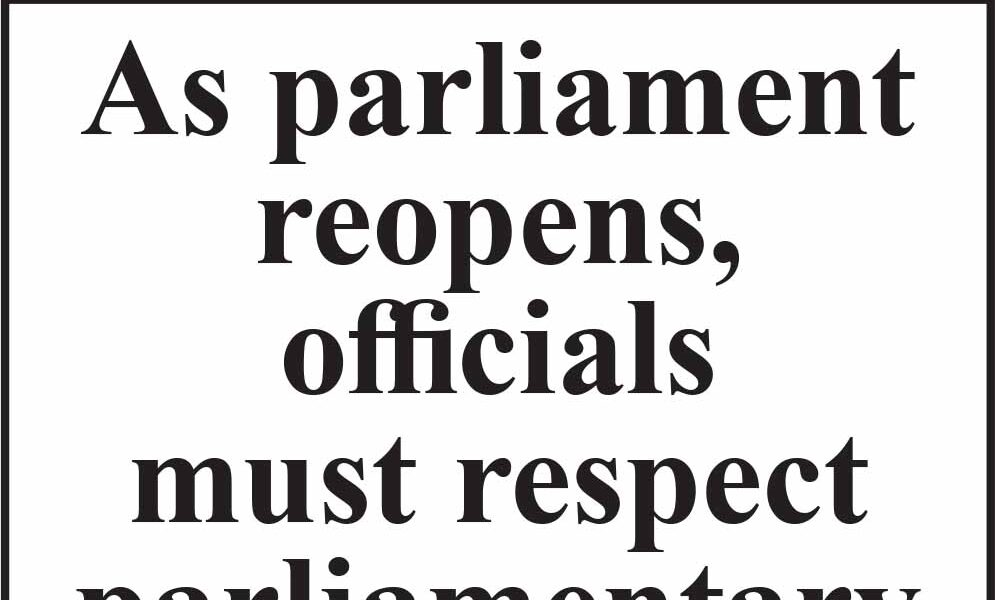When key ministers from the Revitalized Transitional Government of National Unity (RTGoNU) (TNLA) fail to respond to parliamentary summons, it is not just a procedural misstep but obstacle to transparency.
Such actions undermine and insult the country’s constitution and undermine accountability especially when ministers entrusted with public service refuse to appear before parliament.
Article 82(1) of the Transitional Constitution clearly states that, “The National Legislative Assembly or any of its committees may summon any public official or any person within South Sudan, other than the President to testify or give opinion before it”.
The defiance by minsters dating back to August 2024, portrays a negative message which can potentially be interpreted that the executive power in the country is unchecked and not even bothered by the suffering of ordinary citizens.
While calls by civil society activists must be taken seriously, the apparent normalization of such practice becomes even more disturbing.
Civil society’s repeated plea for parliament to summon ministers overseeing cabinet, security and defense affairs reflect public exasperation over murky governance and increasing instability.
Why did regular meetings by the Council of Ministers cease? Why does the finance ministry remain unaccountable amid a deepening liquidity crisis? why are there foreign troops in the country? All these questions need response from the ministers and the concern officials hence they should respect the summon should it appear.
Ultimately, building a functional democracy in South Sudan requires trust not only in the law, but also in the ability of its institutions to use their power accurately.
The TNLA should structure and action bolder steps such as issuance of contempt proceedings/public censures to reaffirm its authority.




